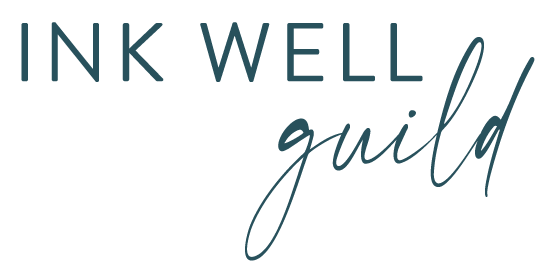If you want to be a freelance writer, you need to know how to conduct research. In this post, I’ll give you tips about outlines, sources, and citing sources from your research in your writing.
You can use these tips for any type of research. Even though you’ll need to accumulate different types of research for different types of writing, the methods are the same.
Outline
First, start with your outline structure. What do you need to know?
For example, if I’m going to write a blog post, I figure out what kind of blog post it’s going to be–a list post, a comparison post, or one where I’m explaining the history of something, etc. That determines what shape my outline takes.
Then, I look at the different blocks of text that my post will need. If I’m writing a list post, “5 Ways to XXX” then I’ll need an introduction, the 5 different ways, and a conclusion. Do I already know any of that information? If not, how much research will I need to do and where do I get that information?
While you do your research, capture the salient bits as you go and plunk them on your outline. Keep your links somewhere (in a comment or in anchor text next to the quote you’ve pulled), to make citing your sources later easier.
My course Copy Confidential, gives deep dives into almost every type of client writing that you’ll need to know, from blog posts to white papers. Check it out!
Find sources
Let’s say you need to do a bunch of research for your writing, but you’re not sure where to start. The two basic types of sources are primary and secondary.
In blogging, we look at a lot of primary sources and then create our own account of the situation, making it a secondary resource. (Some blogs can also be the primary source.) So… look for primary sources.
In addition, using primary sources helps keep your writing from being a rehash of other people’s takes on the original event. If you only use secondary sources, that’s easier to slip into.
What are primary sources?
–Eye-witnesses
–People who were there and reported on the event
–Those who were interviewed
–People who wrote letters about their experiences, etc.
–Contemporary news reports
Examples of today’s primary sources
- First-hand blogs and social media accounts
- Studies and recent statistics by government agencies
- Podcasts and YouTube interviews or talking heads
- Amazon reviews
- Press releases
- Company websites
- Presentation slide decks
- Brain dump from your client
- Texts (in some cases)
If you were researching “how to do research,” and you read this blog post, or listened to my podcast episode on “How to Conduct Research,” they would be primary sources because I’m talking about how I do research (very meta).
What are secondary sources?
–People quoting the primary sources
–Those analyzing what other people said
–People re-presenting (presenting again) the information/retelling the story
–Sources that are more about synthesizing and analyzing the original event
–People looking at the data to extrapolate conclusions about what happened instead of being the ones to see it happen in real time
Citing sources
It’s essential to know how to cite your sources. You don’t want to accidentally plagiarize someone else’s work. Here are three ways to cite sources:
- Put quotation marks around anything you copy directly, whether it’s spoken or written, with a link to the original.
- Use anchor text (a word or phrase in a sentence with a link to the original source).
- When you need to credit someone for an idea, provide their name and a link to their idea.
Questions about how to conduct research?
If you still have questions about how to do research, come ask them in my free Facebook group, The Ink Well Guild with Ashley Gainer. We’ve got helpful freelance writers in there!





